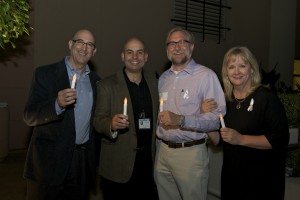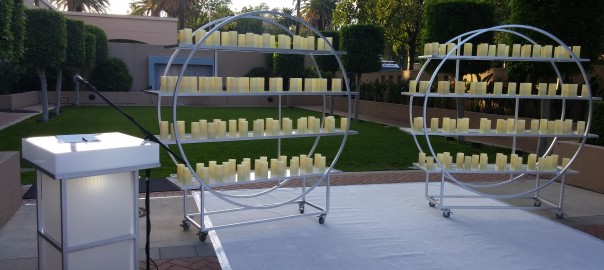
While this is a more complex issue than I can adequately address in this post, I am going to include a short answer I wrote on Quora about a year after my own diagnosis with lung cancer — at which time I had just about reached my “statistical” expectation for life expectancy with a Stage 4 diagnosis. You see, according to the abstract numbers you get through pretty much any Internet search on survival rates, Stage 4 lung cancer does not fair very well. If you believe the numbers, you’re just supposed to die. Quickly. So I did some “soul searching,” and came to terms with what dying might mean to me. Then I moved along because, for one thing, I know a little bit about reading statistics and it was clear that they did not apply to me. (My demographic, for one thing, was not properly represented, nor was the collection of treatments that had been introduced in the previous five to ten years, which is about how out of date most survival rate statistics are when you get them.) Besides, even if cancer was going to negatively impact my longevity, I still had a lot of living to do. And the plan remains to live long enough to die of something else. After all, there is no shortage of ways to exit this existence. The real question, ultimately, becomes not how or why we go, but what we do with our time here that matters. Continue reading Talking About Life While Facing Death


